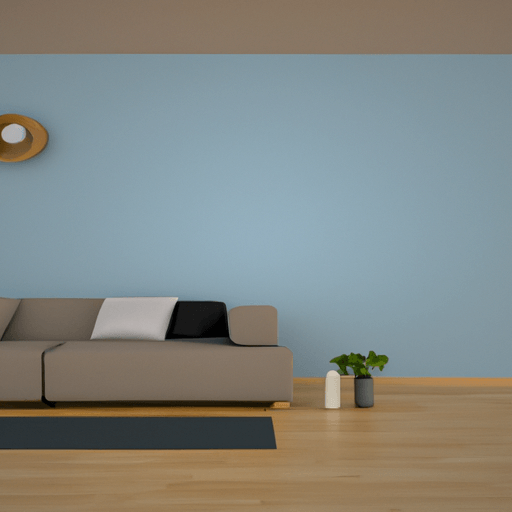The Impact of Minimalism on Personal Wellness and Happiness
Minimalism, in the context of personal lifestyle, refers to living with fewer material items and focusing more on experiences and relationships. It's a lifestyle choice that champions the freedom that comes from less. This article explores how minimalism can influence and enhance personal well-being, considering its mental, emotional, and physical benefits.
Mental Benefits of Minimalism
From a mental perspective, embracing minimalism can foster clarity, reduce stress, and boost creativity. It eliminates distractions, promoting focus and mindfulness. Living in a clutter-free environment enables the mind to rest, processing fewer stimuli in our visual field. Here, the less-is-more philosophy significantly benefits mental wellness by increasing concentration and enhancing productivity.
Emotional Benefits of Minimalism
Minimalism often leads to gratitude and improved self-esteem. As you learn to detach yourself from material possessions, you begin appreciating what you have. They say happiness isn't acquiring what we don't have, but appreciating what we do. Decreasing the dependence on material possessions lets you regulate happiness internally, making it stable and long-lasting.
Physical Benefits of Minimalism
From a physical standpoint, minimalism makes cleaning and organizing your space easier. A clutter-free living environment means fewer allergens, promoting better respiratory health. Your surroundings also impact your stress level and sense of well-being, so keeping your space clean and clear can greatly contribute to your overall health.
Real-Life Examples and Expert Opinions
Renowned author and minimalist Joshua Becker insists minimalism enabled him to focus on his passion – writing. He mentions that freeing himself from excess belongings gave him more time, energy and even money to devote to his writing.
In her Ted Talk, editor of the minimalist website Unclutterer, Erin Dolan talks about how minimalism gives you back control of your time, your finances and your happiness. She notes that clutter not only takes up physical space but also drains your time and attention.
Actionable Advice
Start small, perhaps by decluttering a small area. Gradually move towards your entire living space. Try to detach yourself from the emotional value of material possessions and treat them more as items for utility. Ask yourself if the item contributes value to your life. If not, don't hesitate to let it go.
Challenges and Solutions
Transitioning to minimalism might initially seem difficult. Emotional attachment, the fear of needing something in the future, and the difficulty of making decisions can be hurdles. However, considering the benefits minimalism brings, it's worth overcoming these obstacles.
Start by eliminating non-essential items and slowly work up to more significant possessions. During this process, constantly remind yourself of the peace and freedom that awaits you on the other side of this journey. Be sure to pace yourself, as becoming a minimalist doesn’t happen overnight.
In conclusion, choosing to live a minimalist lifestyle can bring numerous mental, physical, and emotional benefits, thereby enhancing personal wellness and happiness.



















Comments
Leave a Comment